
E-mail: myoshiha@hawaii.edu
1968 Born in New York City; raised in Tokyo, Japan 1979-1982 Lived in Cupertino, CA 1987 Graduated from Toin Gakuen High School, Yokohama, Japan 1991 BA, University of Tokyo (major in American Studies) 1992 MA in American Civilization, Brown University 1997 PhD in American Civilization, Brown University 1997-2003 Assistant Professor of American Studies, University of Hawai‘i at Mānoa 2003-2008 Associate Professor of American Studies, University of Hawai‘i at Mānoa 2008- Professor of American Studies, University of Hawai‘i at Mānoa 2014-2024 Editor, American Quarterly (Journal of the American Studies Association) 2024- Professor, Center for Global Education, University of Tokyo) As a scholar of American Studies with a specialization in U.S. cultural history, U.S.-Asian relations, gender studies, literary and cultural studies, I conduct research, teaching, and writing in both English and Japanese. I am particularly interested in the politics of cultural encounters, exchanges, and conflicts and the workings of race, class, and gender in those dynamics. For the past twenty years, I have worked on various projects related to Western classical music. My book, Dearest Lenny: Letters from Japan and the Making of the World Maestro (2019) was also published in Japanese (with my own translation) and won numerous awards. I am currently working on two projects, one of which is an updated version of my previous book on Asians and Asian Americans in classical music, and the other is a study of the culture of piano lessons in Japan. From 2014 to 2024, I served as the editor of American Quarterly, the journal of the American Studies Association. In addition to my academic writing, I also publish extensively in Japanese for general readership. In 2023, I published a memoir about living in two languages and cultures. Having been raised mostly in Japan and spent the majority of my life in the United States, I currently split my time between Tokyo and Honolulu.


















